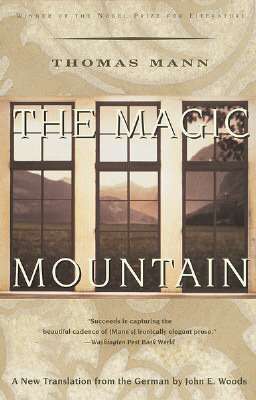In my reading life, I am like a golden retriever that gets distracted easily by any new object thrown down the hall. In the midst of reading what seems like 39 other books simultaneously, I picked up
The Subtle Knife, the second book in the
His Dark Materials trilogy by Philip Pullman. (Note: I had a golden retriever for 12 years, and loved it like crazy, so please don't take what I just said as a criticism of golden retrievers; they simply can't help being distracted by new possibilities.) I'm about half way through it, and for the first time that I can remember, the book actually matches what the blurbs on the back say: this book moves at a "ferocious" pace.
I've been struck by one thing in particular: the fact that Pullman's writing in this second book shows confidence and a clear purpose. It demonstrates, in short, a writer who has hit his stride in the middle of a trilogy. What do I mean here? Certainly not that the first book,
The Golden Compass, was a mediocre or chaotic book. It was not; in fact, by the end it swept me along to the climax. Instead, I sense a clear trajectory to the story now--I don't know the ending, but it's very clear that Pullman does, and as a result the story is crisp and fast paced. The introduction of Will into the story as a companion to Lyra sets up the notion that there are multiple universes, separated by time, that exist simultaneously. Access to them, at least at this point, comes from a window into a neutral world. It reminds me of Connie Willis's novel
Doomsday Book, another novel about Oxford and time travel.
Tolkien's
Two Towers, the second in that trilogy, also reads briskly. Perhaps it's the case that the second novel offers a writer more freedom. The characters have already been established, the reader is hooked, and there's not the need to tie up all the narrative threads yet. It offers the chance, in other words, to explore the narrative without the constraints created by having to complete it.















